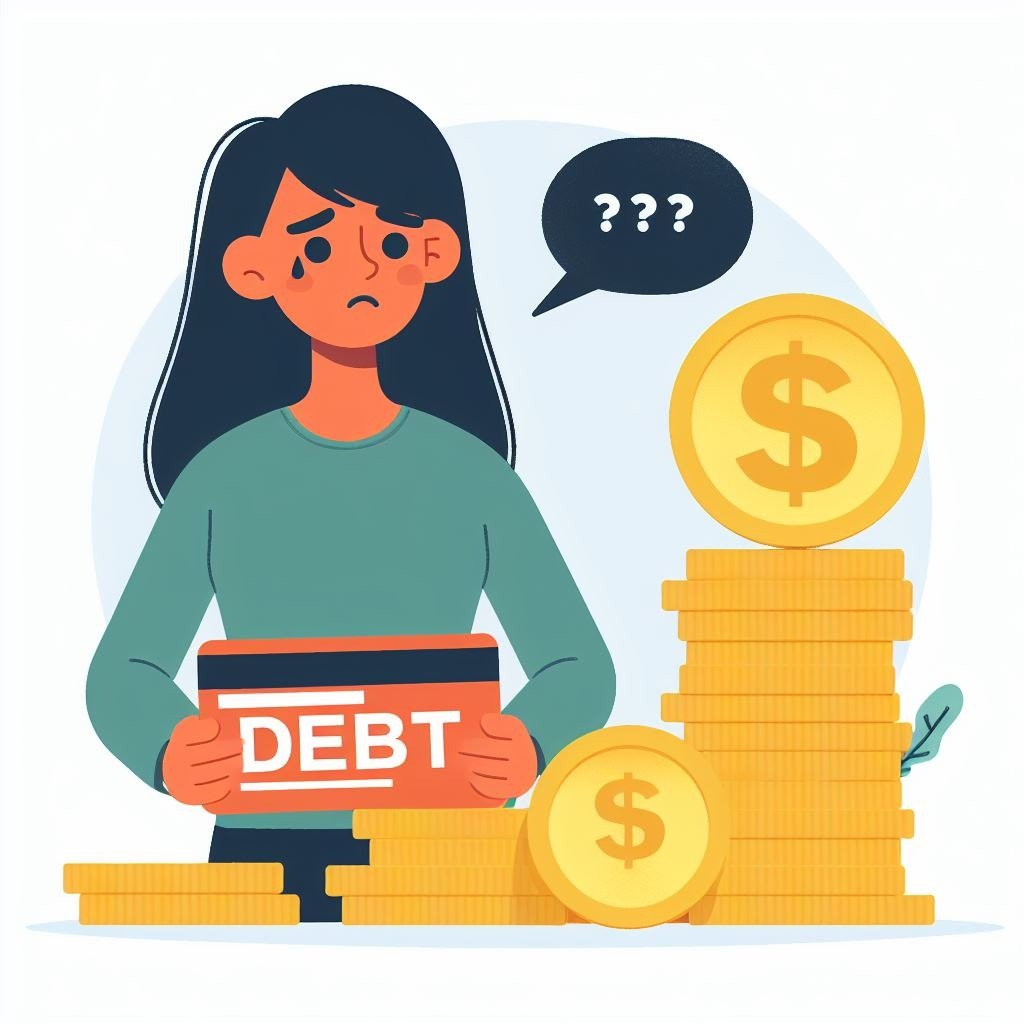In the first part of this series, I introduced the beginnings of our economic system as we know it. Once upon a time, money held value in its own right, and banks simply kept it safe. Then something changed. People wanted something lighter to carry and started using their deposit receipts as currency.
Once receipts as currency caught on, the bankers got a bright idea. At the time, the town banker was the most trusted and well-known person around. Of course he would be he’s keeping your money safe. At the same time, people also knew the banker had a lot of money. So when they needed a little extra to get by, who did the townspeople ask?

At first these loans were handled much like any other loan between friends. You borrow $20, and whenever you can, you pay back $20. Bankers got greedy though, and started a practice called usury. At the time it was the greatest outrage and financial fiasco to hit the grape vine but today, we know it as interest.
Usury eventually became an acceptable practice after bankers argued that the interest was payment for the risk to make the loan. However, usury isn’t why we’re stuck in this never ending, rapidly progressing, downward spiral.

You see, once bankers had a taste of what their own money could earn from loans, they looked at their depositors’ accounts with longing. Bankers technically couldn’t loan out more than they themselves had, so when their own money ran out, they couldn’t offer any more loans – but there was still so much more gold left in the safe.
Nobody would know, they taught. Nobody comes to get their gold all at once. So they started loaning the depositors’ money too and this too became a great outrage. Regulations were passed, and all was fine and dandy until the bankers got greedy again.


